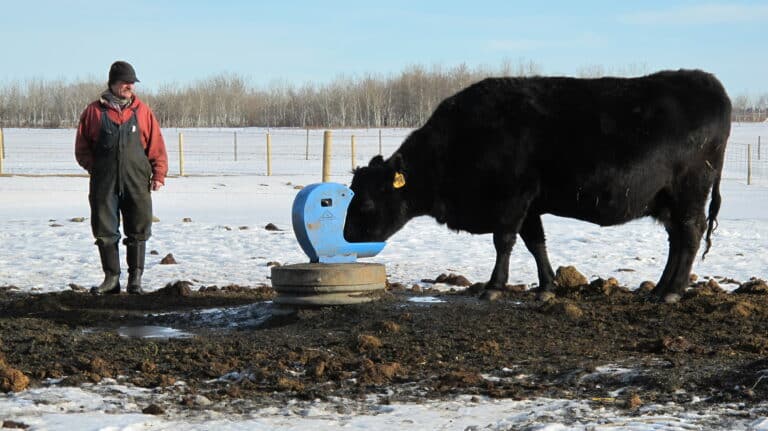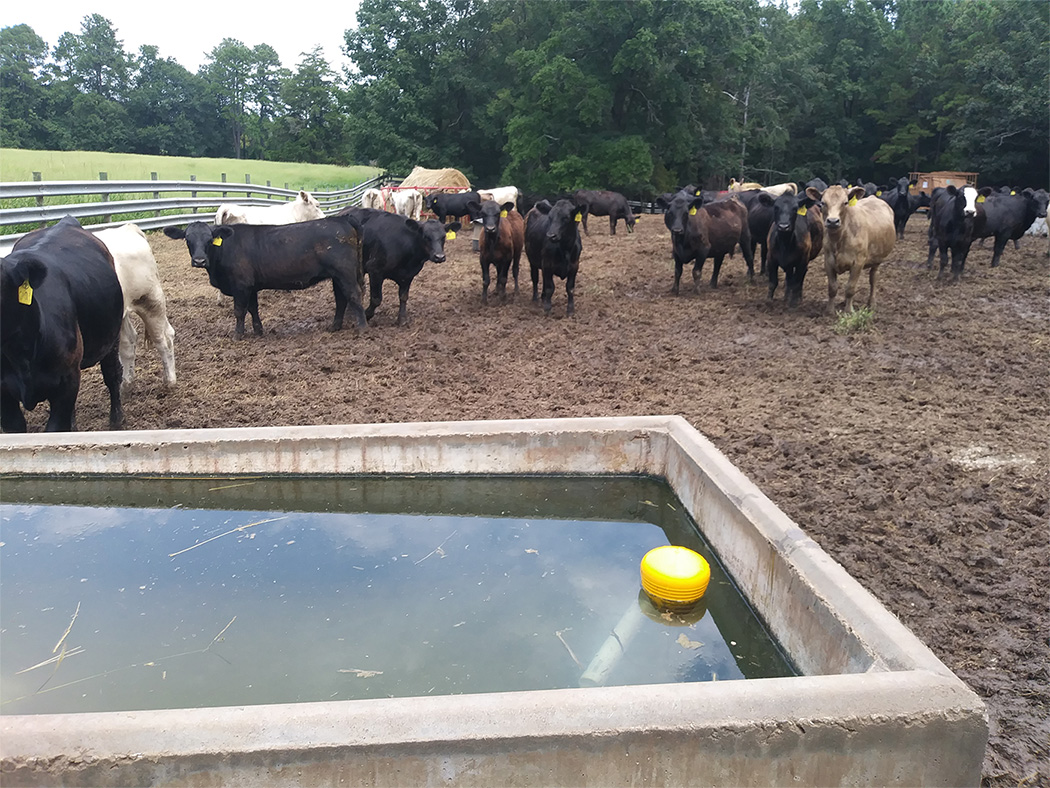Heated Cattle Waterer: An Essential Winter Solution for Livestock
Keywords: heated cattle waterer, availability, water troughs, horses, cattle, hogs, livestock, outdoors, indoors, cold conditions, durable materials, electricity, freezing, Frostfree Nosepump, groundwater source, powerless system, geothermal heat, thirsty livestock, plumbing, wet well, one way foot valve, pendulum, piston pump, water, weep hole, supply line, bacteria, contaminated water
Revised Text:
'The article highlights the availability of heated water troughs for horses, cattle, hogs, and other livestock. These water troughs are designed to be used either outdoors or indoors and can withstand extremely cold conditions. The troughs are made from highly durable materials and consume very little electricity, even when temperatures drop to or below freezing. The Frostfree Nosepump is a device that livestock use to draw water from a groundwater source. It is a powerless system relying on geothermal heat and thirsty livestock. The plumbing is suspended from the pump into the water in a wet well below ground level. The system maintains its prime with a one way foot valve. Livestock push on the pendulum attached to the piston pump to receive water. The first push delivers water and each full stroke of the pendulum provides approximately half a litre of water into the trough. Two and a half minutes after the pump is idle, the weep hole drains the top five feet of the supply line back into the source. The drinking trough does not need to be drained as livestock consume what is pumped. The system prevents bacteria from entering the water source as no contaminated water is allowed to drain back.'


